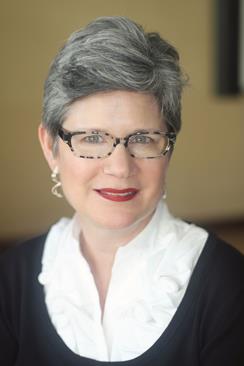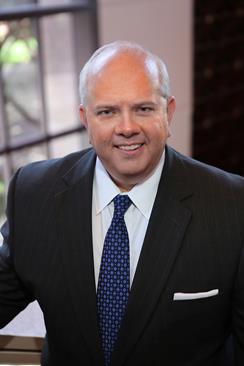Donors and the Tax Code

The 2017 Tax Cuts and Jobs Act — a legislative initiative supported by Donald J. Trump’s administration - carries the potential of affecting donations across the charitable sector. The near doubling of the standard deduction (for single filers, from $6,350 in 2017 to $12,000 in 2018) raises the threshold for taking advantage of charitable deductions, thus removing a possible motivation for donations, especially among lower-level contributors. For high-wealth donors, the drop in the top marginal rate, from 39.6 percent to 37 percent, means that contributions will no longer bring quite the same level of tax savings as previously.
The good news, from a development standpoint, is that the new code gives unequivocal benefits to the richest one percent of the population — which means that most high-net-worth donors will have that much more disposable income. Still, a 2017 study by the Indiana University Lilly Family School of Philanthropy, addressing the anticipated effect of the code (then in formation), estimated that it could result in a $13 billion annual diminishment in donations across the charitable sector: a 3.5 percent hit.
The extent of the new tax code’s impact on opera companies is still, at best, unclear. “Everybody’s wondering; everybody’s trying to anticipate what will happen,” says Elizabeth Hurley, chief development officer at Lyric Opera of Chicago. Still, a discernable pattern of donor retrenchment has yet to emerge. Gregory Robertson, chief advancement officer for Houston Grand Opera, reports the code has had “a negligible impact.” Susan Jones, a Saint Louis-based partner with BKD CPAs & Advisors who advises clients on charitable donations of all kinds, says, “Overall, we’ve seen no difference.”



One possible reason that giving patterns have yet to change is that tax incentives comprise at most a small part of the incentive for donors. “I don’t know philanthropists who give solely because of the tax benefits,” says Hurley. “The American system of charitable deductions is the result of, not the reason for, the American philanthropic impulse. There’s a reason that Americans set the pace for the world in philanthropy.”
The new tax code has not changed the way that development departments structure their “asks.” “We aren’t tax professionals,” says Hurley. “We know what our responsibility is in terms of informing donors about the value of planning. But we never give tax advice we encourage people to find their own.”
Still, HGO is using the tax-code changes, along with the Trump administration’s threats to the National Endowment for the Arts, as a talking point in its discussions with donors. “It gives us the opportunity to talk about the impact of their gifts and the importance of everybody supporting the arts,” says Robertson. “For us, that’s what the tax law changes.” These conversations are especially important in light of the company’s Harvey Relief Fund — the fundraising drive that the company implemented to compensate for the devastating impact of Hurricane Harvey.
“Whether it’s a favorable or a hostile tax environment, our argument is the same,” Robertson says. “We tell donors, ‘We’re just the vehicle for your support. You are the ones who make great art possible.’’’
This article was published in the Fall 2018 issue of Opera America Magazine.




